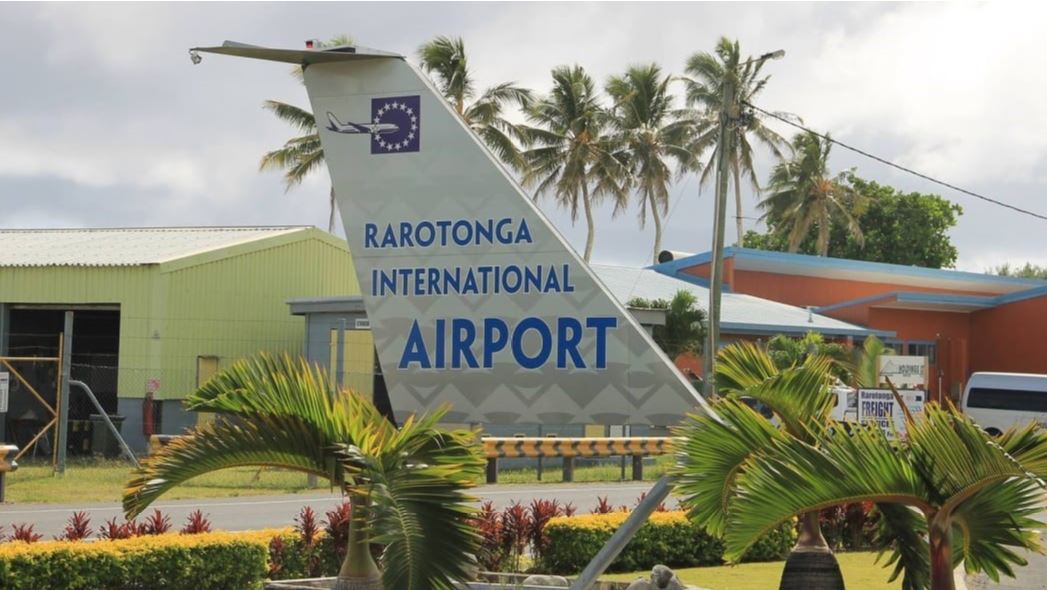$3.5 million grant to enhance the resilience of Airport operations
Thursday 9 January 2025 | Written by Supplied | Published in Health, Local, National

Rarotonga International Airport. Photo: SUPPLIED
The Asian Development Bank (ADB) has signed a US$2 million (NZ$3.5m) grant agreement with the Government of the Cook Islands to boost support for an ongoing project, which is improving the country’s resilience to cross-border health risks and the early detection of disease outbreaks for passengers entering the country by air.
The agreement was signed at the ADB Headquarters in Manila by ADB Executive Director Made Arya Wijaya, on behalf of the Government of the Cook Islands, and ADB director general for the Pacific Leah Gutierrez. The grant was approved by ADB on December 11, 2024.
According to ADB, this additional financing for the Supporting Safe Recovery of Travel and Tourism Project comes from the Asian Development Fund, which provides grants to ADB’s poorest and most vulnerable developing member countries.
“The project benefits from ADB’s experience in the Pacific, particularly in ensuring critical infrastructure is resilient to adverse events and emergencies,” said Gutierrez.
Cook Islands News has contacted the Cook Islands Investment Corporation, which oversees the operation of the airports through the Cook Islands Airport Authority, for comments.
According to ADB, the additional financing will support upgrades to health screening equipment to be used during public health emergencies and install additional solar power to support upgraded medical waste treatment and disposal.
“To further boost women’s representation in public utility leadership, the additional financing will also support increased women’s participation in technical and vocational training, particularly in the aviation industry, building on interventions during the project’s first phase,” ADB added.
The project, approved by ADB in 2021, is increasing Cook Islands’ economic resilience through a safe recovery of travel and tourism. Its key objective is to strengthen the capacity and readiness of the Cook Islands to safely open its borders to international visitors.
ADB is committed to achieving a prosperous, inclusive, resilient, and sustainable Asia and the Pacific, while sustaining its efforts to eradicate extreme poverty. Established in 1966, it is owned by 69 members – 49 from the region.















































Comments
graham roper on 13/01/2025
I have reached out to the ADB to advise them of the potential risk that money provided may not reach its intended purpose. The TMO in particular have issues of transparency. Evidence previously gathered shows what is reported as being spent to funders on paper does not or has not been actually provided practically or for real therefore negatively affecting the wellbeing of people in the Cook Leland’s. Reports have also been sent to the Japanese, NZ and Australian government officials regarding how funding provided has been spent, again with particular reference to the TMO.